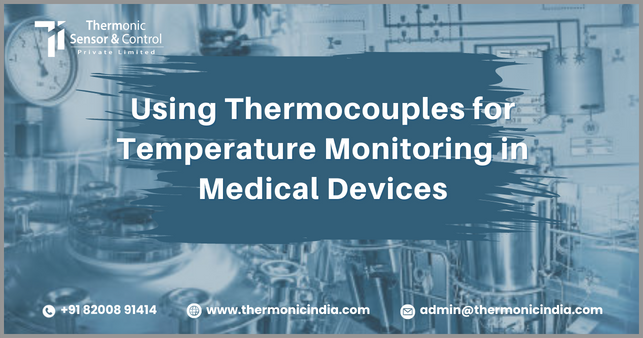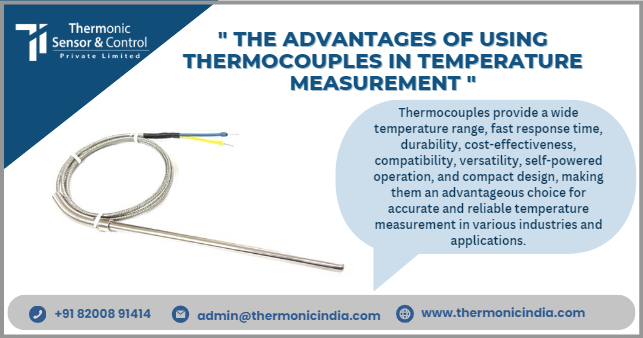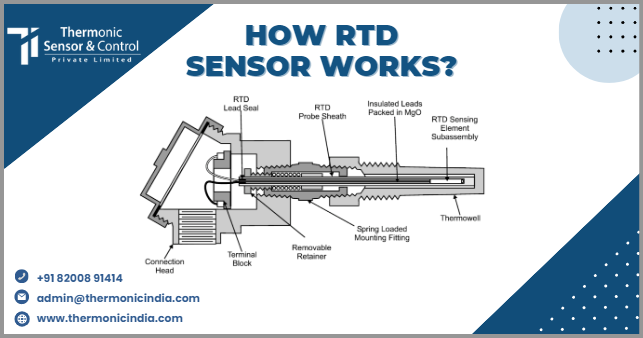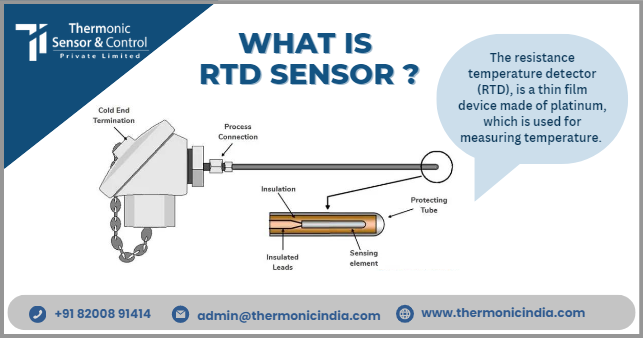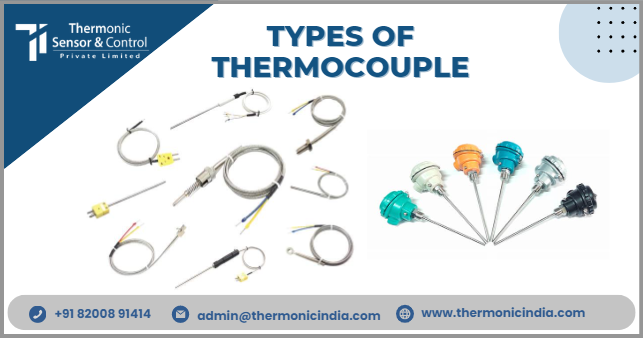In the most extreme conditions, like aircraft engines and spacecraft, thermocouples provide critical temperature data
In the most unforgiving of environments, where temperature accuracy can mean the difference between success and failure, our space-tested thermocouples stand as the unwavering guardians of temperature data. These remarkable sensors are engineered to thrive in extreme conditions, including the demanding worlds of aircraft engines and spacecraft. These thermocouples utilize...



